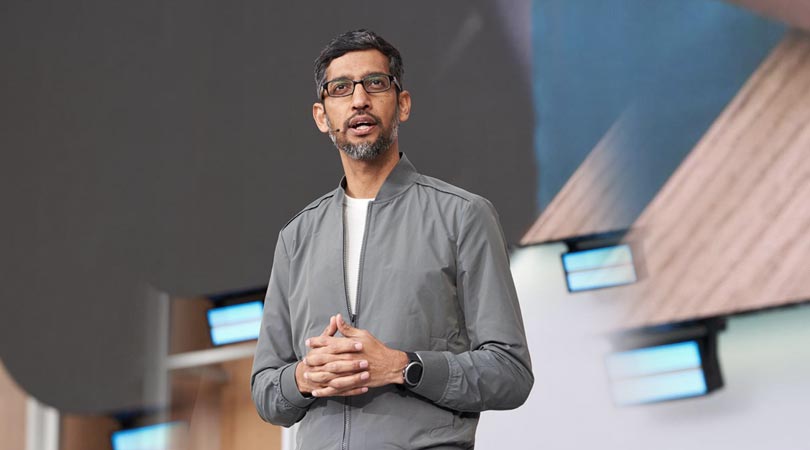Motivational Leaders: Sundar Pichai
03 September 2020

Who is Sundar Pichai, the millionaire behind Google Chrome and the CEO of parent company Alphabet?
Pichai grew up in Chennai, India. His father was as an electrical engineer and his mother a stenographer before having him and his younger brother. The family wasn't wealthy, and the boys slept together in the living room of their two-room apartment.
At Stanford, Pichai earned his MS and then attended the University of Pennsylvania's Wharton School for his MBA. Before Google, he had stints at Applied Materials and consulting firm McKinsey & Co.
He was interviewed at the Googleplex on April Fools' Day in 2004 — the same day the company launched Gmail. Everyone, Pichai included, initially thought that the free email service was one of Google's infamous pranks. He started working on Google's search toolbar.
That product ended up being important in 2006, when Microsoft created a ""Doomsday"" scenario for Google by making Bing the new default search engine on Internet Explorer. Pichai helped convince computer manufacturers to preinstall the Toolbar on their hardware to mitigate the effect of this change.
That problem led him to one of his other biggest early achievements: convincing cofounders Larry Page and Sergey Brin that Google should build its own browser. The result, Chrome, is now the most used option out there.
As a leader, Pichai was always well-liked and more focused on results instead of standing out. That ""substance over overt style"" attitude attracted attention, though, and he started getting more responsibility.
One of the major efforts he spearheaded was Android One, Google's push to make low-cost smartphones for ""the next 5 billion"" people coming online.
He was also incredibly instrumental in making sure that Android was better integrated with Google proper. Before he took over, it was run basically as a completely separate business.
Another landmark in Pichai's rise: He was reportedly instrumental in helping put together Google's $3.2 billion Nest acquisition in 2014.
Pichai was also behind the Chrome OS operating system that powers Google's inexpensive Chromebook laptops.
He remained a loyal Googler despite being approached by Twitter for high-ranking roles a couple of times.
We've been told that he could often act as Larry Page's ""interpreter"" — understanding Page's vision and then helping to communicate it to other teams.That knack and his success with Chrome, Apps, and Android led to his next important promotion in late 2014, when Page put him in charge of almost all of the company's product areas, including search, maps, Google+, commerce and ads, and infrastructure. He essentially became Page's second in command.
When the company blew up its corporate structure almost a year later, it was no surprise that Pichai got tapped to lead Google, since he was responsible for its core products.
Back to blog 

